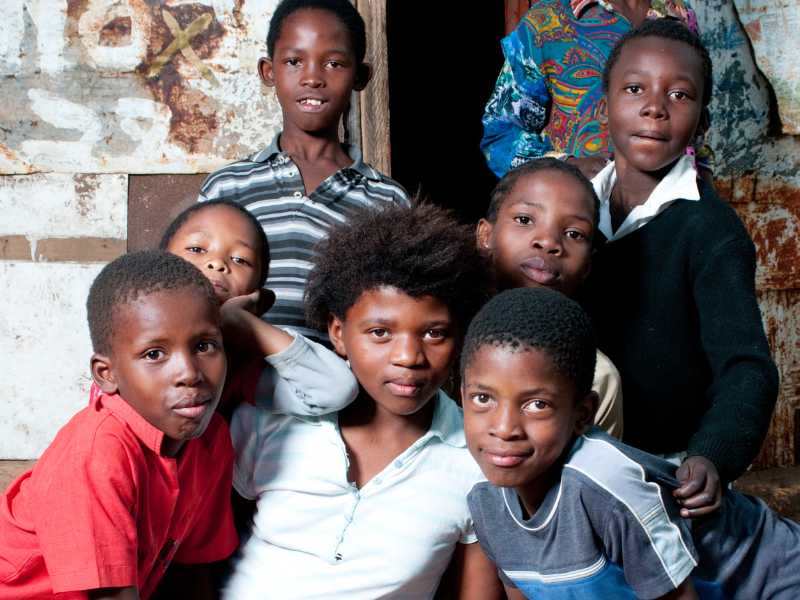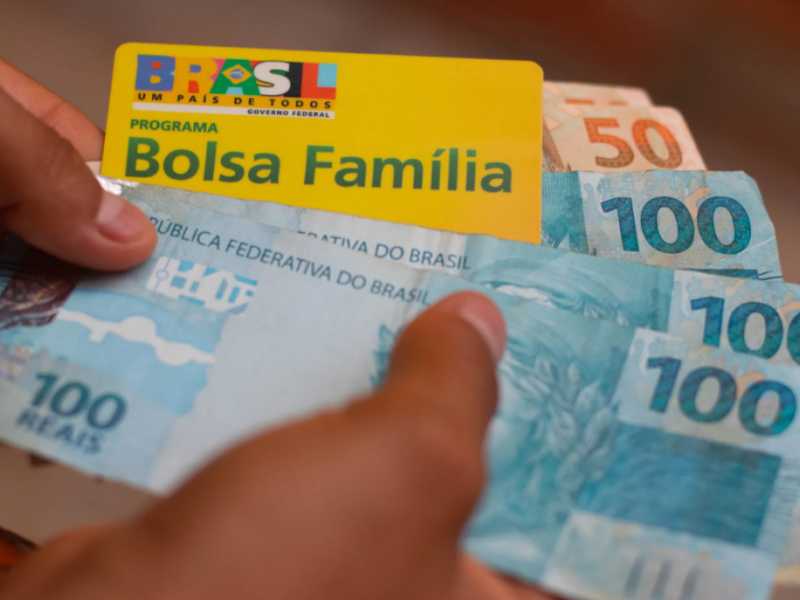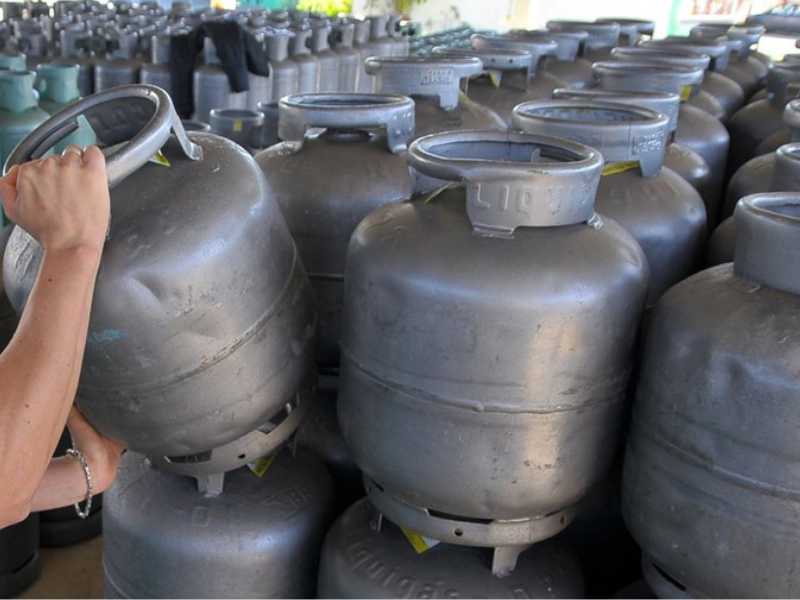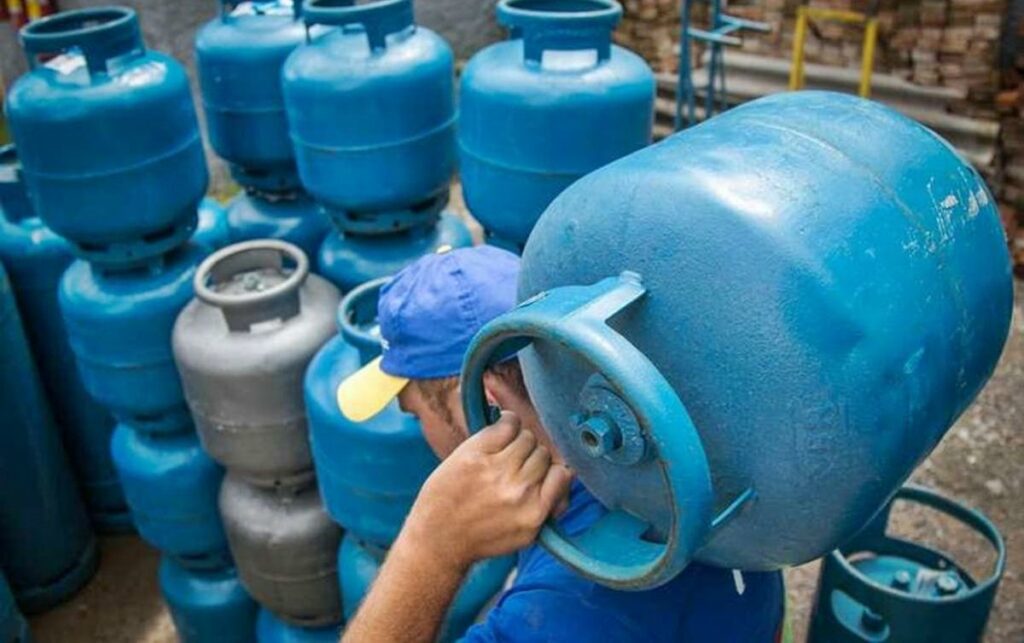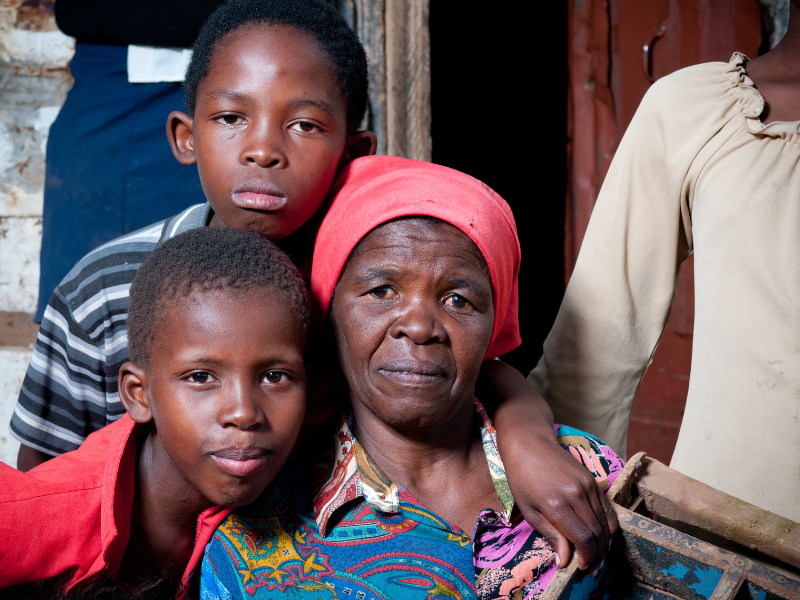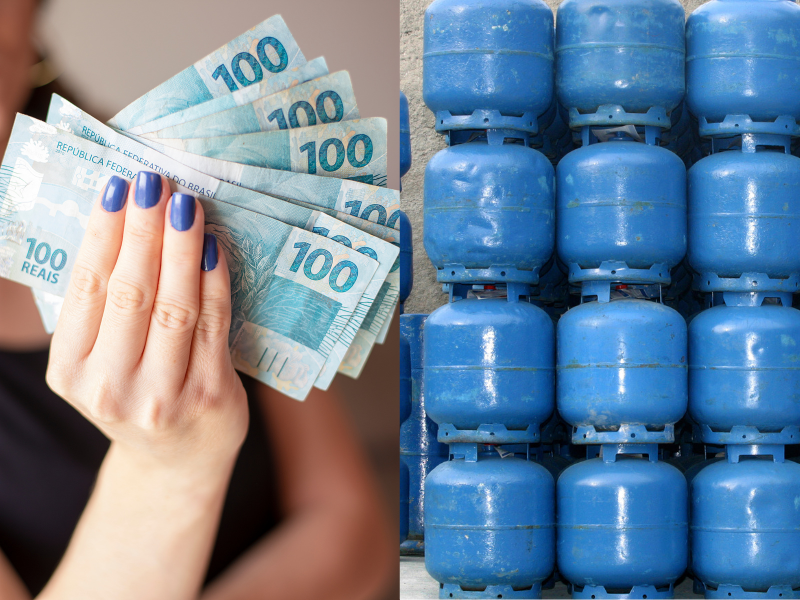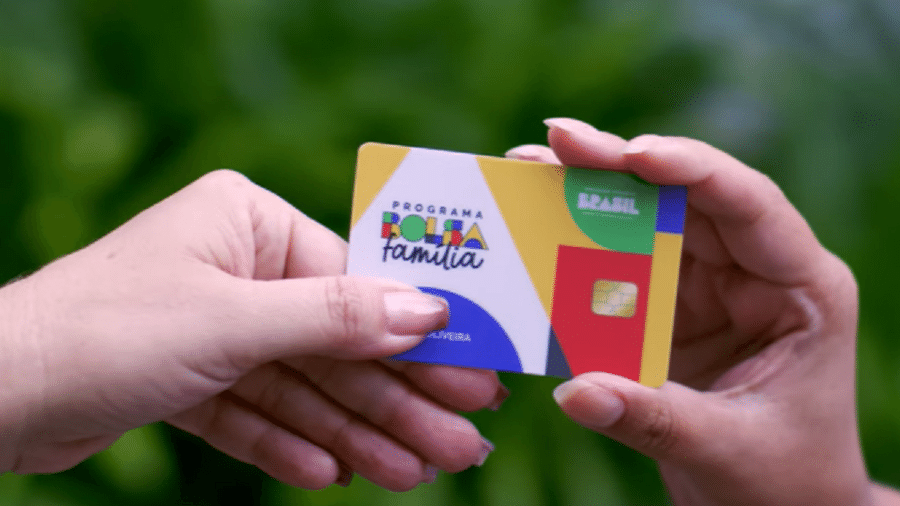Advertisements
THE Family Allowance, established in 2003 by Lula, committed to restarting its operations as assured during the election campaign. However, under Bolsonaro's management, the government modified the program, making necessary reformulations to increase its effectiveness in reducing poverty in Brazil.
Faced with this demand for restructuring, the World Bank issued a technical note presenting a renewed model for Bolsa Família. According to the organization, this reconfigured model would prove to be more equitable and financially viable for the government.
The suggested model proposes replacing the base payment of 600 reais per family with an amount of 150 reais per individual in the family, plus an additional 150 reais for each child or young person up to the age of 18.
Advertisements
Read also: Bolsa Família: Document Digitization is Essential for Single-Persons!
Advantages of the New Bolsa Família Model
The model suggested by the World Bank offers several advantages to the Bolsa Família program. Initially, it would ensure more equitable remuneration, taking into account the number of family members and children. Additionally, the new model would be more economically viable for the government, enabling a more effective distribution of the program's resources.
Advertisements
Execution Challenges
Despite the advantages shown, the World Bank admits that implementing this innovative model would be a political obstacle. The change would require abandoning the current format of the program, which could encounter opposition from those who receive the base payment of R$600.
Simulation and Impacts
A detailed analysis of the model will be released shortly. According to the World Bank, the innovative model would benefit 46% of the families currently covered by the program. However, approximately 43% of the beneficiaries could experience reductions in their income.
Therefore, it would be essential to create a transition mechanism for families who would start receiving less than the base amount.
Current Bolsa Família Benefits
- Citizenship Income Benefit (BRC): The BRC, the main benefit of the program, consists of a per capita amount of R$ 142 granted to each family member, aiming to meet essential needs for food, health and education.
- Supplementary Benefit (BCO): The BCO is an additional amount attributed to families whose total benefits do not reach R$$ 600, guaranteeing a minimum income per family, providing a more consistent and adequate income.
- Early Childhood Benefit (BPI): The BPI adds R$ 150 per child between zero and seven years of age, with the aim of investing in child development during this vital period, ensuring better health and education conditions.
- Family Variable Benefit (BVF): The BVF adds R$ 50 for pregnant women, children and adolescents aged 7 to 18 years old. This benefit aims to support families in the care and education of their children, providing an additional income to meet their particular needs.
- Variable Benefit for Nursing Family (BVN): The BVN provides an additional amount of R$ 50 per family member up to seven months old (nursing mother), aiming to financially assist families with babies in the breastfeeding phase, meeting their nutritional needs.
- Extraordinary Transition Benefit (BET): The BET is a benefit granted under specific circumstances, ensuring that no beneficiary receives less than the amount of the predecessor program, Auxílio Brasil. The BET will be maintained until May 2025, enabling a smooth transition for beneficiaries.
Reflections on the Proposal for Bolsa Família
The World Bank's suggestion raises profound considerations about the Family Allowance. It is essential to continually evaluate and explore methods for improvement, even though the program has been crucial in alleviating poverty in Brazil. The suggestion of a reformulated model could be significant in this direction, as long as it is implemented with caution, considering the effects on the families supported.
Read also: Registration for Bolsa Família: Find out which documents are required at CRAS.
Additionally, the World Bank is presenting a revised model for Bolsa Família, aiming to make it more equitable and financially sustainable for the government. Changing the base payment to a per-family member amount and a supplement per child would benefit many families, but it could also face political obstacles.
It is crucial to maintain dialogue and analysis to discover effective strategies that respond to the needs of vulnerable Brazilian families. World Bank proposes reformulation of BOLSA FAMÍLIA; learn about the news






